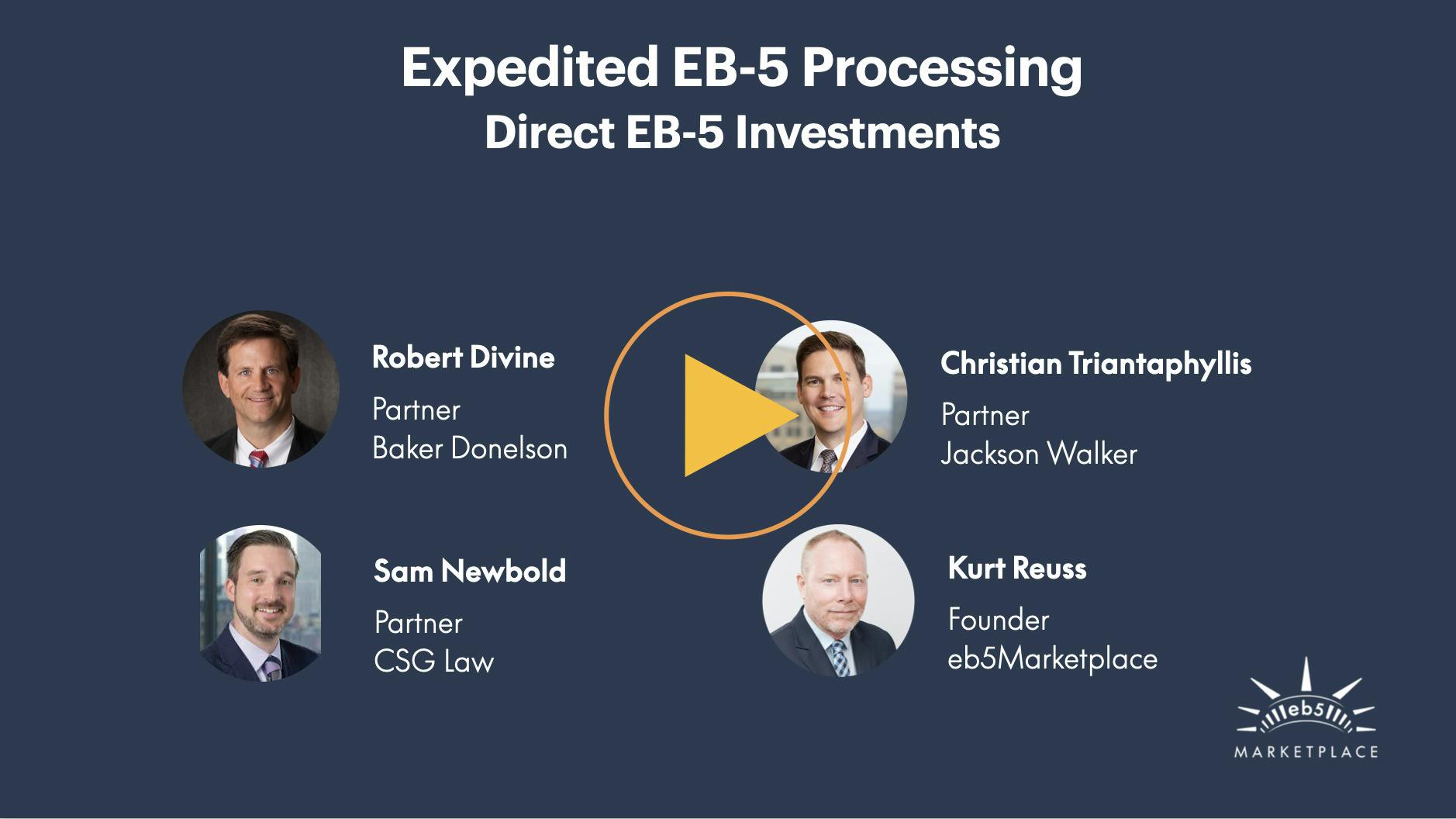Immigration lawyer Carolyn Lee has written about ethics of EB-5 representation. Lawyers without EB-5 experience may want to refer to or work with an experienced EB-5 attorney. And the issue of whether to accept referral fees for referring investors to regional centers deserves careful consideration; many lawyers will choose not to accept such at fee to “avoid even the potential appearance” of a conflict of interest.Experienced EB-5 attorney Carolyn Lee has examined some vital ethical considerations for lawyers who have clients who want to pursue EB-5. Using a hypothetical example, she maps out different options an immigration lawyer may choose, according to the rules of the American Bar Association (ABA).
An immigration lawyer without EB-5 experience
First, what does an immigration lawyer without experience in the U.S. Green Card by investment program do when he or she has clients who may want to enter the program? An experienced immigration lawyer knows they must follow the first rule set out by the ABA: provide competent representation with the knowledge, skill, thoroughness, and preparation required to serve a client.This fundamental basis for competent representation must bear in consideration if a legal matter concerns a specialized nature, like EB-5 (considered to be perhaps the most complex of all U.S. immigration programs). If a lawyer does not have the competence necessary to handle such a specialized matter, they have three options:
- Acquire the requisite legal knowledge
- Refer the matter to a lawyer who does
- Associate or consult with a competent attorney
If practical considerations such as time do not allow an attorney to take the first direction, the question may becomes how to stay involved in the matter and in what role?First, the lawyer may seek out another lawyer with competence in EB-5; this can be done through the American Immigration Lawyer’s Association (AILA). When the first lawyer finds an EB-5 attorney who seems like a good fit, the initial stages may include:
- The experienced lawyer giving the referring lawyer some materials to read prior to consultation
- Giving the referring lawyer a questionnaire for their clients to assess the viability of EB-5 for their client
- A phone consultation
Referral fees from regional centers: a lawyer’s fair reward, or a conflict of interest?
In the hypothetical example Carolyn Lee lays out, the lawyer without EB-5 experience discovers that an individual may receive a referral fee for referring an investor to a regional center. This example further details that the experienced EB-5 lawyer’s firm has a strict policy requiring any of their lawyers to decline all such referral fees “so as to leave no doubt about the attorney’s undivided loyalty to the client.”Once again, the ABA has a rule which steers lawyers away from conflicts of interest. A conflict of interest can occur if the representation of one client is directly adverse to the representation of another. It can also occur if a lawyers’ representation of a client is compromised by a personal interest of the lawyer.Carolyn Lee goes on to advise: “A prudent lawyer will also want to avoid even the potential appearance of a conflict of interest.” She points out that in New York, a lawyer may not enter such a situation where a potential conflict of interest may inadvertently affect his or her judgement — or even “create the appearance of affecting” personal judgement.If a referral fee could potentially impact a lawyer’s representation of a client — even on an unconscious level — the acceptance of that fee should be avoided if the lawyer is to serve their client. Such a fee could impact if the client is better served investing in a different regional center, or even attaining permanent residency through a route other than EB-5.For investors whose lawyers are advising them on an investment, be sure to know if your lawyer has a personal interest in the transaction or has an ongoing beneficial relationship with the investment company or regional center.
Bringing in another lawyer
For the lawyer inexperienced in EB-5, but who wishes to stay involved in representation, certain rules must be followed. Sharing fees with another lawyer should be based on the division of fees in proportion to the services performed; and if the client agrees to such a division of services and fees. The client must know of and agree to the inclusion of the new lawyer. Further, in the case of both lawyers being jointly responsible, each lawyer is “ethically obligated to accept vicarious liability for malpractice during the course of representation.”
Conclusion: discretion is the better part of legal representation
The client’s interests must be paramount. When it comes to the issue of whether to accept referral fees from regional centers, a lawyer must not only be guided by professional rules of conduct, but by their own discretion in knowing that even the mere appearance of a conflict of interest may not be worth the fee.Special thanks to immigration lawyer Carolyn Lee for the content behind this article.







